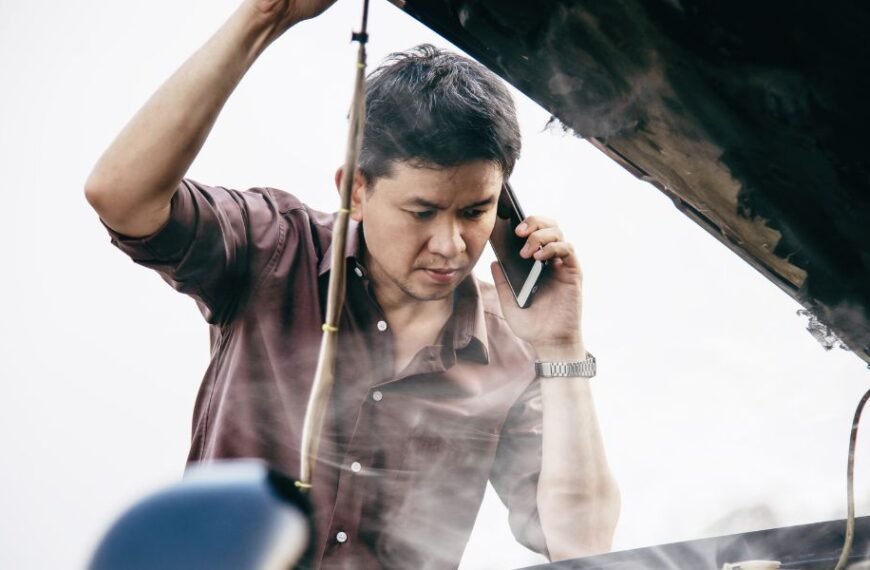Finding Your Voice in a Noisy World
In a world that moves quickly and often loudly, it can be difficult to feel heard. Whether you’re trying to make your way through a personal crisis, raise concerns in your community, or advocate for change at work, voicing your opinions takes courage. It also takes clarity, patience, and sometimes help from the right people.
Many of us grow up being told to “stay polite,” “not cause trouble,” or “just go with the flow.” While there’s wisdom in choosing battles, there’s also danger in silence. Unspoken needs, ignored injustices, and unresolved conflicts don’t just go away—they fester. And when people don’t feel like they can speak up, they begin to shrink back from opportunities, connections, and personal growth.
Voicing your opinions doesn’t mean shouting to be heard. It means learning how to communicate your thoughts in ways that are honest, respectful, and effective. It starts with understanding what you care about and why. Then it grows into the confidence to say, “This matters to me,” and to know that your perspective has value.
The Art of Speaking with Purpose
Finding your voice is one thing; using it well is another. Speaking up in a way that creates change or understanding isn’t about being the loudest in the room. It’s about being the most grounded. When you know what you believe and can explain it clearly, you give others a chance to listen—even if they don’t immediately agree.
The best communication happens when you speak with purpose. That means checking in with yourself: Are you looking to vent, or are you trying to solve a problem? Are you expressing anger, or are you inviting change? Knowing your aim helps you frame your message in a way that opens dialogue instead of shutting it down.
Equally important is knowing your audience. How you speak to a friend differs from how you speak to a boss, a neighbor, or a public official. Tailoring your message—while staying true to yourself—isn’t about watering down your opinion; it’s about building a bridge that someone else can walk across.
And listening plays a crucial role. When you speak up, you want others to listen. Offer them the same respect. Sometimes the act of speaking is less about winning and more about being willing to exchange ideas. That mutual effort is how real communication begins.
Knowing When to Ask for Help
There are times when speaking up is enough to make things right. But there are also moments when you need more—more support, more guidance, more strength than you have on your own. That’s not a failure; it’s a sign of wisdom. Recognizing when you need help—and knowing how to find the right kind—is one of the most powerful tools you can have.
The right kind of help depends on the situation. If you’re struggling with your mental health, a therapist or counselor can offer clarity and tools for healing. If you’re dealing with conflict in the workplace, a mentor or HR representative might guide you toward a resolution. If you’re in a legal dispute, seeking a knowledgeable attorney can completely change the outcome of your situation.
Help isn’t one-size-fits-all. It might come from a trusted friend, a professional, a community organization, or a support group. The key is not just to reach out, but to reach out to the right people. And sometimes, that starts with asking a very basic question: “Who has experience with this, and who has my best interest at heart?”
When Legal Help Is the Right Move
There are situations where legal help becomes necessary—not as a last resort, but as the most effective path forward. Accidents, injuries, contract disputes, wrongful terminations—these aren’t just stressful events. They often involve systems and consequences that are far too complex to navigate alone.
For example, if you or someone you love has been in a serious accident involving a commercial vehicle, such as a semi-truck, the legal and financial aftermath can be overwhelming. These are not straightforward cases. Multiple parties may be responsible, including the truck driver, the trucking company, or even equipment manufacturers. There are regulations, timelines, insurance tactics, and layers of liability that make it very difficult for an individual to handle without support.
That’s where a Florida truck accident attorney can make a difference. An attorney who specializes in truck accidents knows how to investigate thoroughly, gather critical evidence, and deal with insurers who are trying to minimize payouts. More than that, they understand the personal toll that such an accident takes. Their job is to be your advocate—someone who voices your legal rights when you might be too injured, stressed, or overwhelmed to do so yourself.
In moments like these, finding help isn’t just important. It’s essential. And having someone with experience, authority, and compassion on your side can bring a measure of calm and confidence back into an otherwise chaotic situation.
Empowerment Begins with One Step
Voicing your opinion and finding the right help are acts of self-respect. They’re not always easy, especially in environments where speaking up feels risky or where asking for help has been framed as weakness. But the truth is, both are signs of strength. They are how people begin to take back control of their lives.
The journey begins by recognizing your own needs. You don’t have to wait for things to get unbearable before taking action. Speak early. Ask for guidance sooner rather than later. Be honest with yourself and others about what you’re going through. And when the weight of the situation is too much to carry alone, don’t hesitate to lean on professionals who are trained to help you carry it.
In the end, the most important voice in your life is your own. Use it. Use it to stand up for what matters, to set boundaries, to ask questions, to seek clarity. And use it to call in the help you deserve when life throws something at you that you shouldn’t have to face alone.
Empowerment doesn’t happen all at once. But it starts with one clear, brave act: speaking up—and trusting that your voice matters. Because it does.






